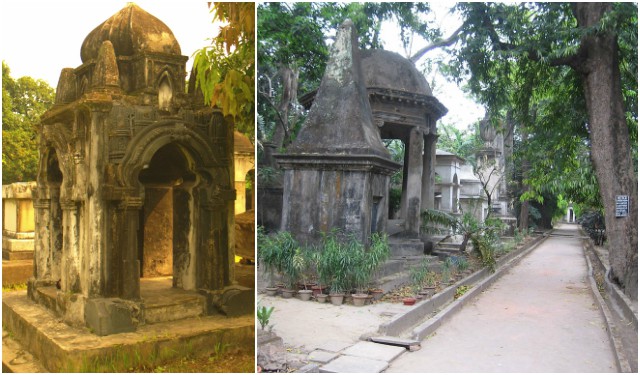Kolkata is considered to be the place where India’s modern literary and artistic thought was born and is widely known for its cultural heritage.
It is the prime commercial and educational center in East India and the third most productive metropolitan area.
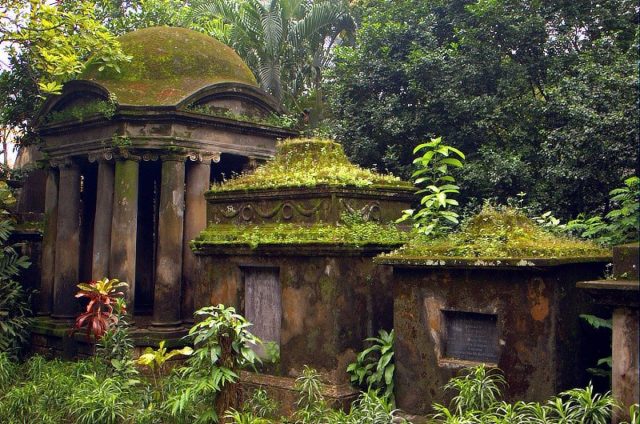
The religious and ethnically diverse background of the city and the eclectic mix of traditional and European architecture is definitely what makes Kolkata so unique. It has everything, from great local traditions in poetry, theater, art, and cinema, to fabulous museums, vintage buildings, and urban structures. Everything exists in total harmony.
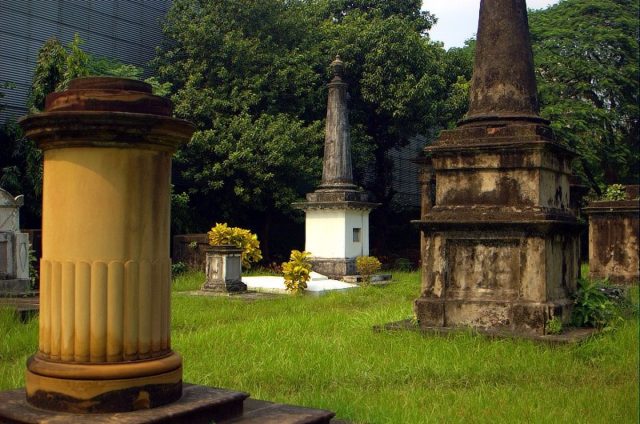
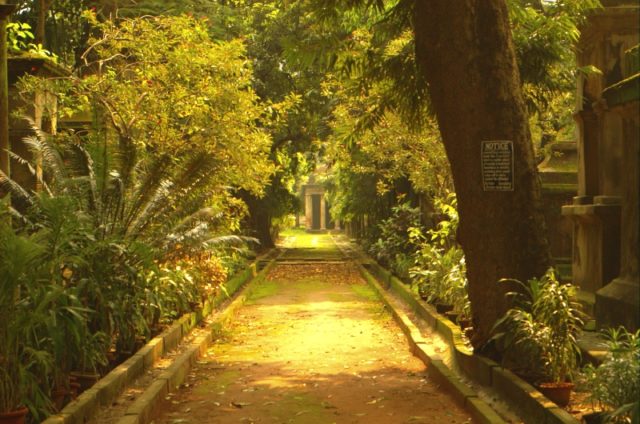
One of the most famous places in the city is the Mother Teresa Sarani boulevard, previously called Park Street Road. It’s one of Kolkata’s prime commercial and recreation zones, with beautiful playgrounds, gardens, pubs and restaurants.
During the 1970s and 1980s, much of the city nightlife was centered on Park Street where many noted musicians performed at popular night spots such as Blue Fox, Mocambo, and Moulin Rouge.
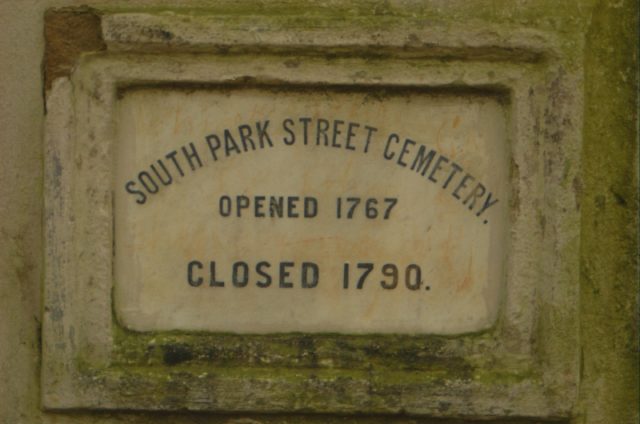
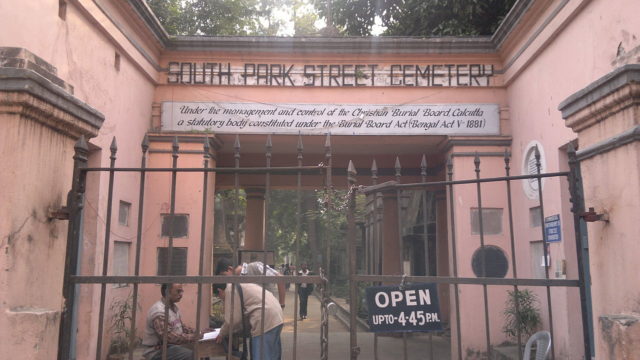
However, way before Park Street became the main gathering place for youngsters, the street used to be called Burial Ground Road. That’s because the avenue holds what is considered one of the most important heritage sites in all of West Bengal, the South Park Street Cemetary.
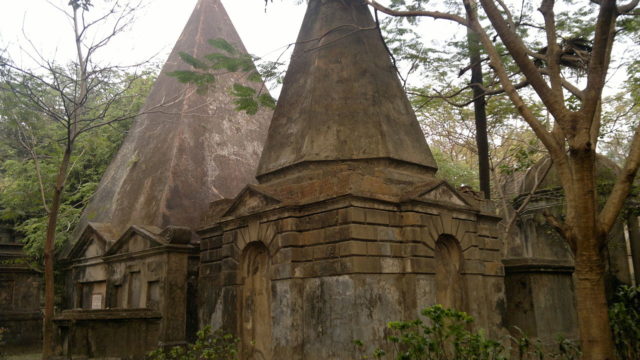
Established during India’s colonial era, and in use from 1767 until about 1830, South Park Street Cemetery is famous for being one of the earliest cemeteries not connected to a church. This Christian cemetery was probably the largest of its kind outside Europe and America in the 19th century.
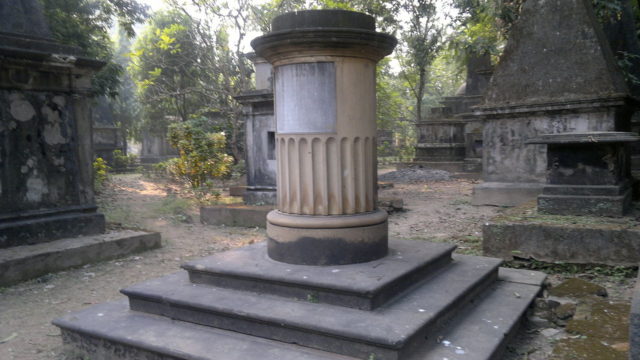
Abandoned for over a century and a half and no longer in use, today the site is protected by the Archaeological Survey of India (ASI) because of its impressive architectural design. The necropolis is confined within a high brick wall that covers the nearly 1900 graves, tombs, and memorials. What makes the cemetery truly original is the rare and uncommon fusion of European gothic, Indo-Saracenic and classical architectural styles, all coexisting together in perfect harmony.
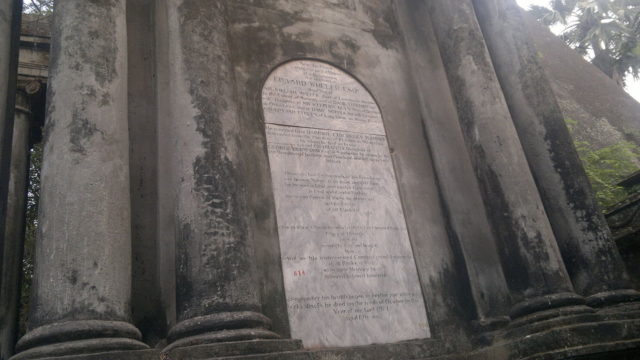
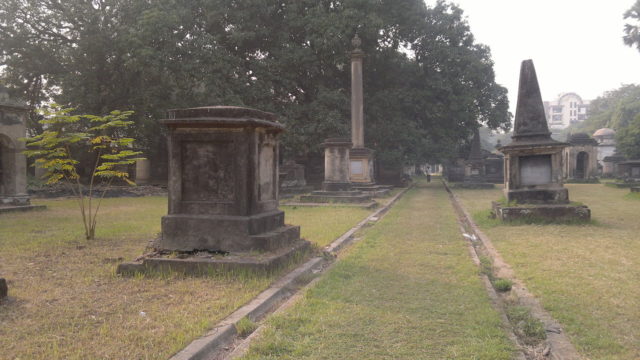
The entire cemetery functions as an open museum, and it’s a magnet for visitors and photographers from all over the world. Every day people are walking around with astonishment and get lost in the maze covered by trees, mosses, and ferns, surrounded by thousands of burial grounds. A kind of pervasive loneliness can be felt all over the place, but, in a way, strangely comforting at the same time.
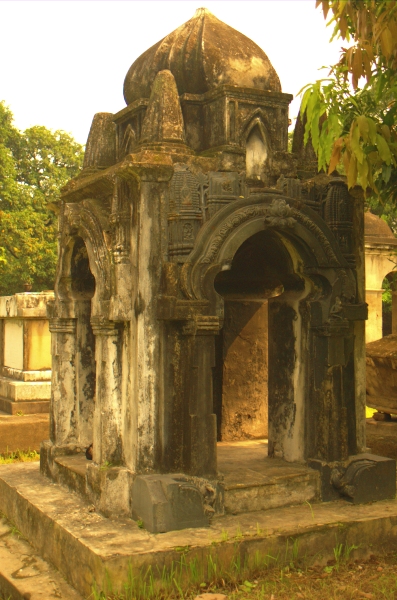
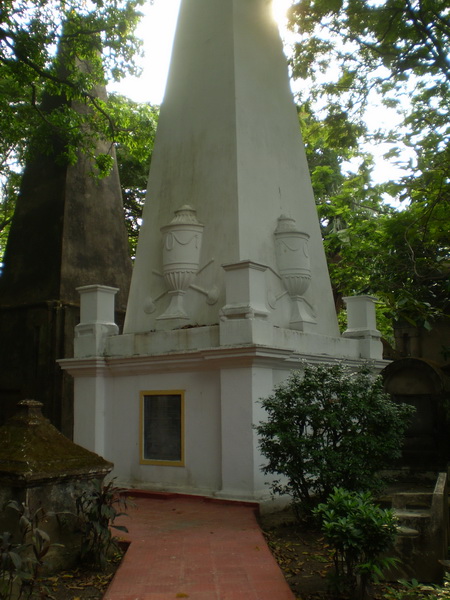
The imposing tombs and memorials over the graves are filled with details and sculptures, with engraved epitaphs that name the professions of the deceased. A number of graves belong to notable figures of the past, like Walter Landor Dickens, son of novelist Charles Dickens, and Sir William Jones, a famous politician of the time and founder of the Asiatic Society, whose memorial is the tallest of all.
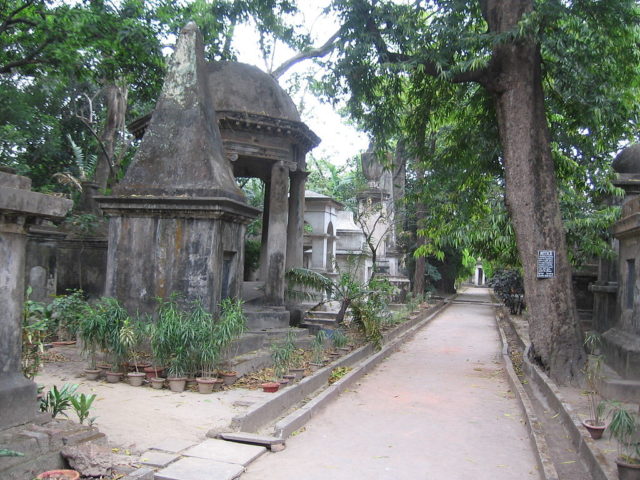
No matter how old it is, The South Park Street Cemetary will continue to live on and it will always be there, hidden between the vines and the trees, as part, not just of India, but the world.
